Text & Photos: Bhargav TS
Reliance Industries is to play a major role in the automobile industry as the company is gearing up to increase the presence of plastics in vehicles. With the increasing demand from various sectors such as automobile, engineering, packaging, infrastructure, agriculture and healthcare, the Indian plastics industry is likely to witness a substantial growth in investment in new technologies, says Unmesh Nayak, Senior Vice President – Polymers and Business Head – Polypropylene, Reliance Industries Limited.
 Speaking to Auto Components India, Nayak said, “We estimate that the plastic consumption will increase to 20 million tonnes a year in 2020 from the current 8 million tonnes a year in India. For the automobile industry we are supplying the basic raw material and also we developed 7 components along with our compounded polypropylene (PP).”
Speaking to Auto Components India, Nayak said, “We estimate that the plastic consumption will increase to 20 million tonnes a year in 2020 from the current 8 million tonnes a year in India. For the automobile industry we are supplying the basic raw material and also we developed 7 components along with our compounded polypropylene (PP).”
Reliance is the most dominant player operating in the country. It has 13 different grades of raw material which are primarily used in the Indian automotive industry. Polypropylene is the most widely used polyolefin that is produced readily by polymerising propylene with suitable catalysts, generally aluminum alkyl and titanium tetrachloride. It belongs to a class of thermoplastic polymers and has found its way into various industrial and domestic products.
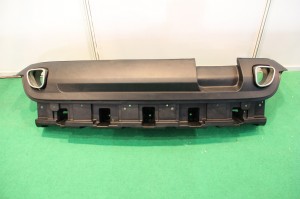 Recently the raw material manufacturer has supplied compounded PP to major component manufacturers and OEMs to manufacture FEM for passenger cars. Nayak says, “The front-end modules are primarily used in the passenger cars, which requires more strength to take impacts during collisions. The material used is compounded PP and we have joined hands with a compounder, where they use their proprietary knowledge to select the grades. The front-end module is a complex assembly unit with very high demands on functionality, technology and fitting accuracy.”
Recently the raw material manufacturer has supplied compounded PP to major component manufacturers and OEMs to manufacture FEM for passenger cars. Nayak says, “The front-end modules are primarily used in the passenger cars, which requires more strength to take impacts during collisions. The material used is compounded PP and we have joined hands with a compounder, where they use their proprietary knowledge to select the grades. The front-end module is a complex assembly unit with very high demands on functionality, technology and fitting accuracy.”
Modular front-ends are revolutionising passenger vehicle design and assembly. Automotive front-end modules typically are multi-piece assemblies that integrate a large number of components like forward lighting, radiators and cooling fans, air conditioning condensers, grille opening reinforcement (GOR) panels, crumple zones, bumpers with decorative fascia, hood latches, washer bottles, plus electronics and wiring although specific components can vary depending on component manufacturers and OEMs.
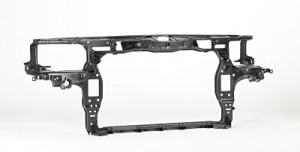 Explaining the usage of FEMs in vehicles, Nayak said, “Rather than use the traditional method of piecemeal assembly on the production line, FEMs, which are supplied by a component integrator, provide a complete system for closing out a vehicle’s front-end at the assembly line. So far FEMs have been used on compact and midsize cars, and more recently on large sedans, all with monocoque/unibody architecture. They also have found application on SUVs and full-size pickups that feature body-on-frame constructions. While FEMs might not yet be appropriate for every vehicle, they bring many benefits to automakers in appropriate circumstances.”
Explaining the usage of FEMs in vehicles, Nayak said, “Rather than use the traditional method of piecemeal assembly on the production line, FEMs, which are supplied by a component integrator, provide a complete system for closing out a vehicle’s front-end at the assembly line. So far FEMs have been used on compact and midsize cars, and more recently on large sedans, all with monocoque/unibody architecture. They also have found application on SUVs and full-size pickups that feature body-on-frame constructions. While FEMs might not yet be appropriate for every vehicle, they bring many benefits to automakers in appropriate circumstances.”
Lighter weight vehicles are a top priority for the automotive industry as it seeks to provide a more economical and eco-friendly form of travel. Reliance Industries continues to innovate in this area, developing new material and architecture designed to reduce frame and body weight—but only on the condition that they meet the same high standards of safety. PP has low density so the weight goes down; 10% weight of PP corresponds to 50% of volume in the vehicle. In a 1500 kg car, around 225 kg of polymers are used and out of that 45% is PP, which substantially saves more weight, reveals Nayak. Currently, Reliance has 4 plants and works with customers to develop different grades and applications. It produces 2.7 million tonnes of polymers per annum, with exports to around 63 countries.




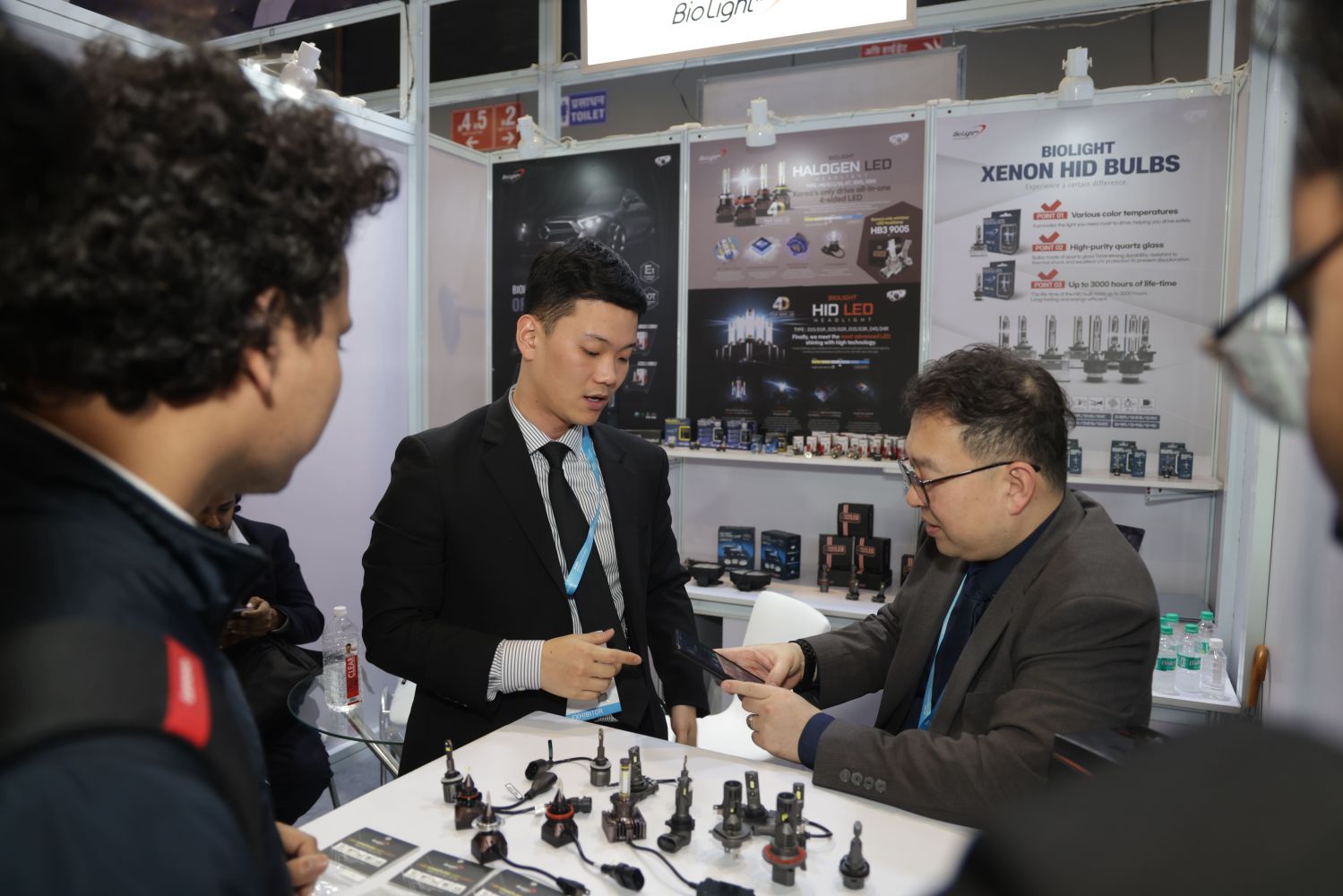
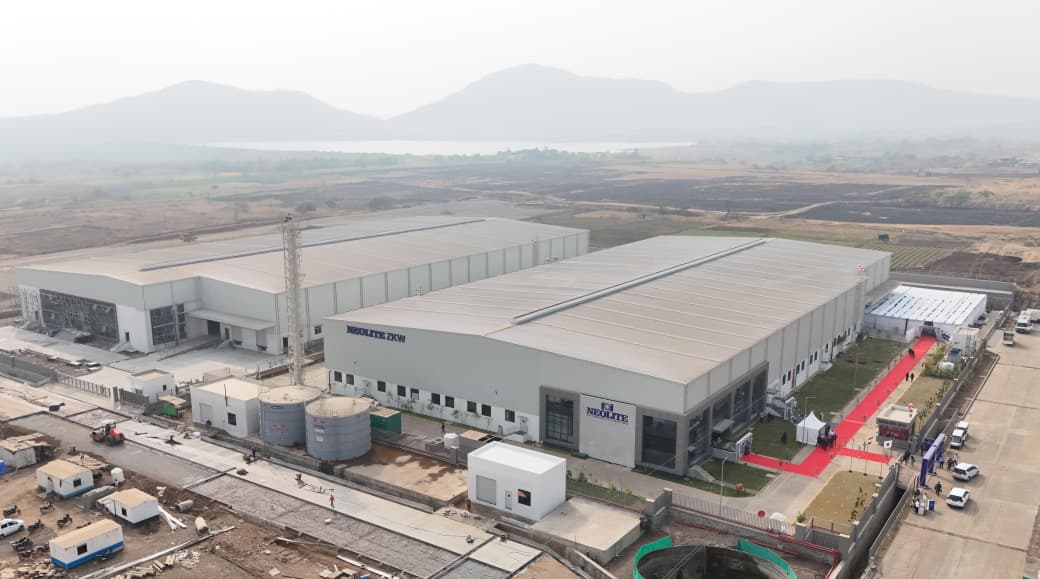
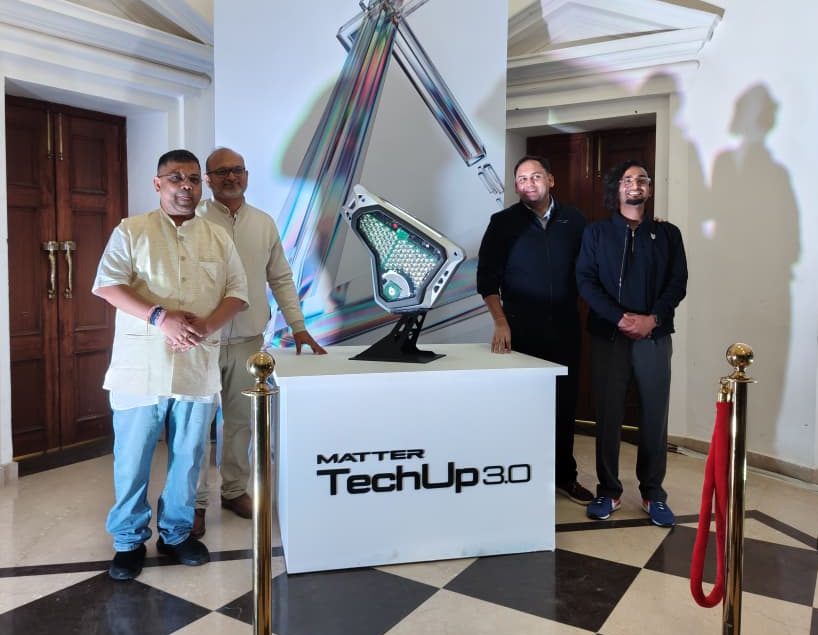
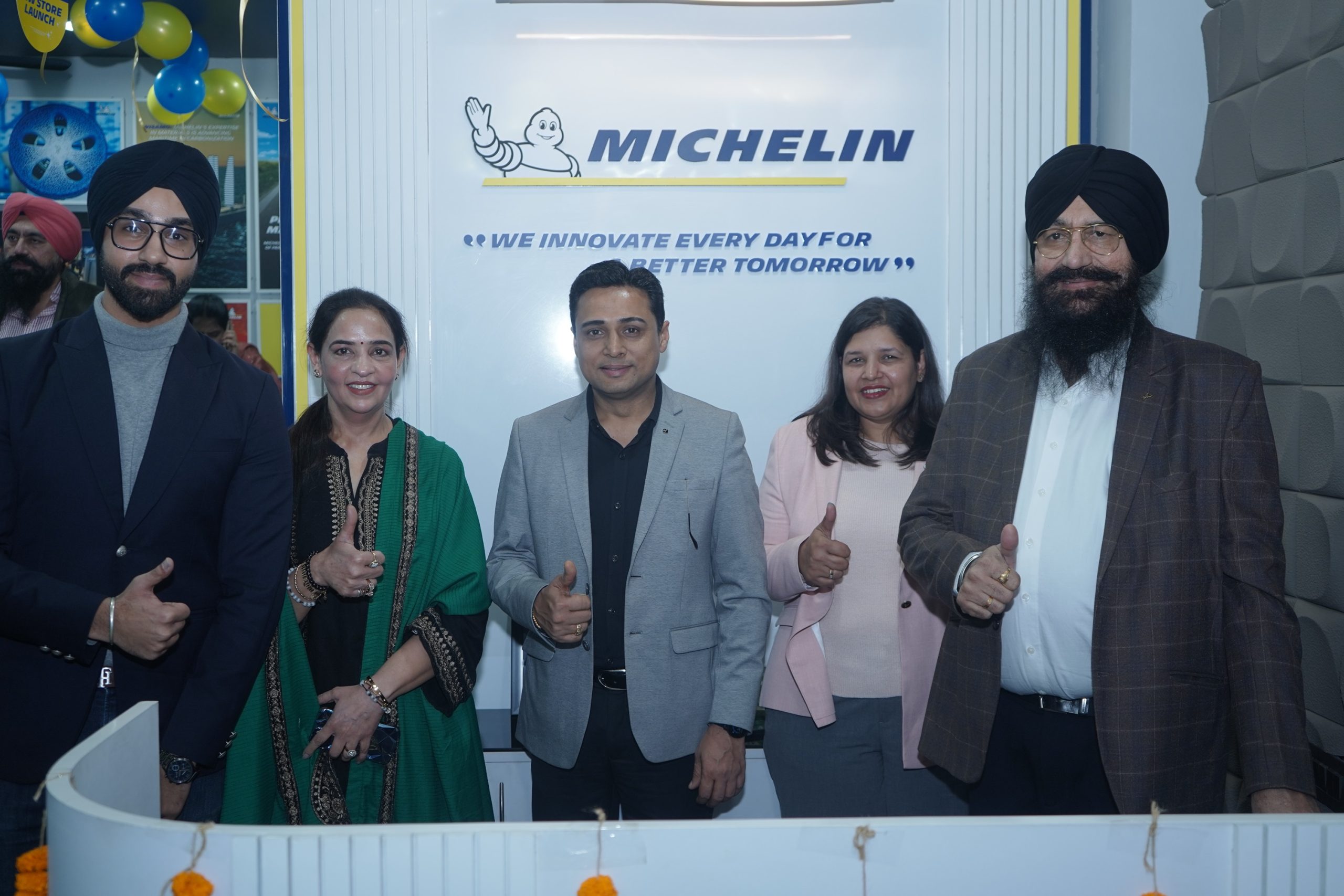
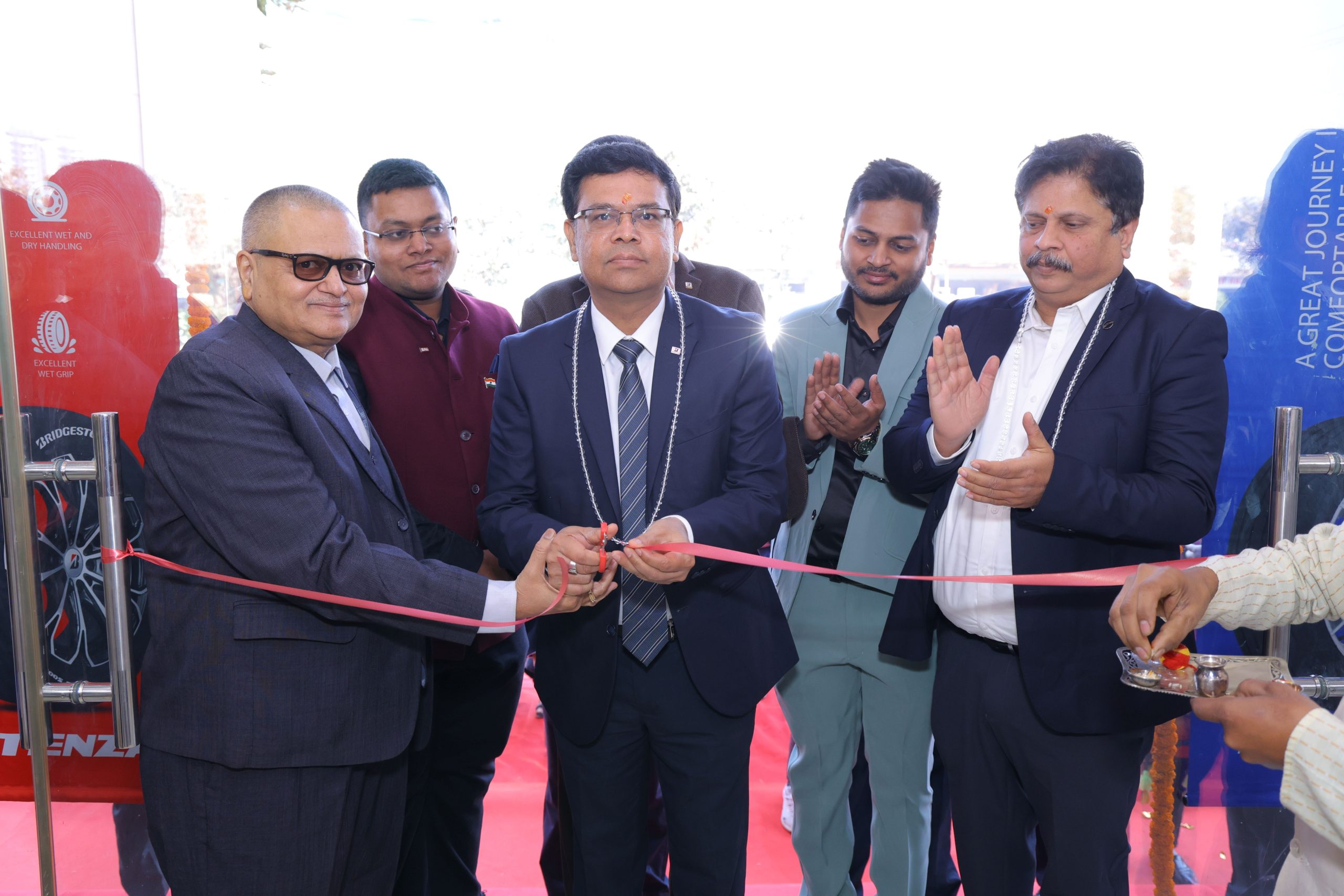



Leave a Reply